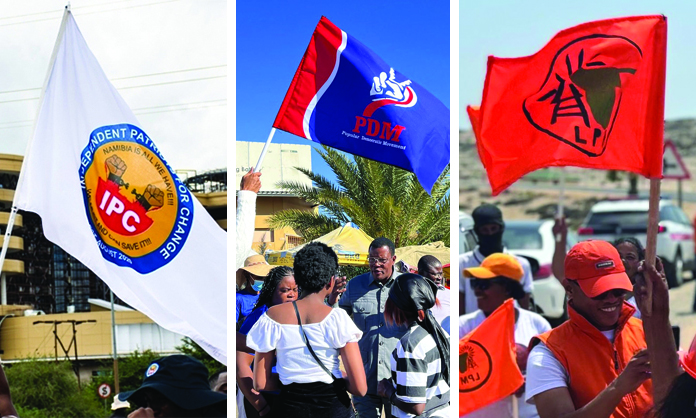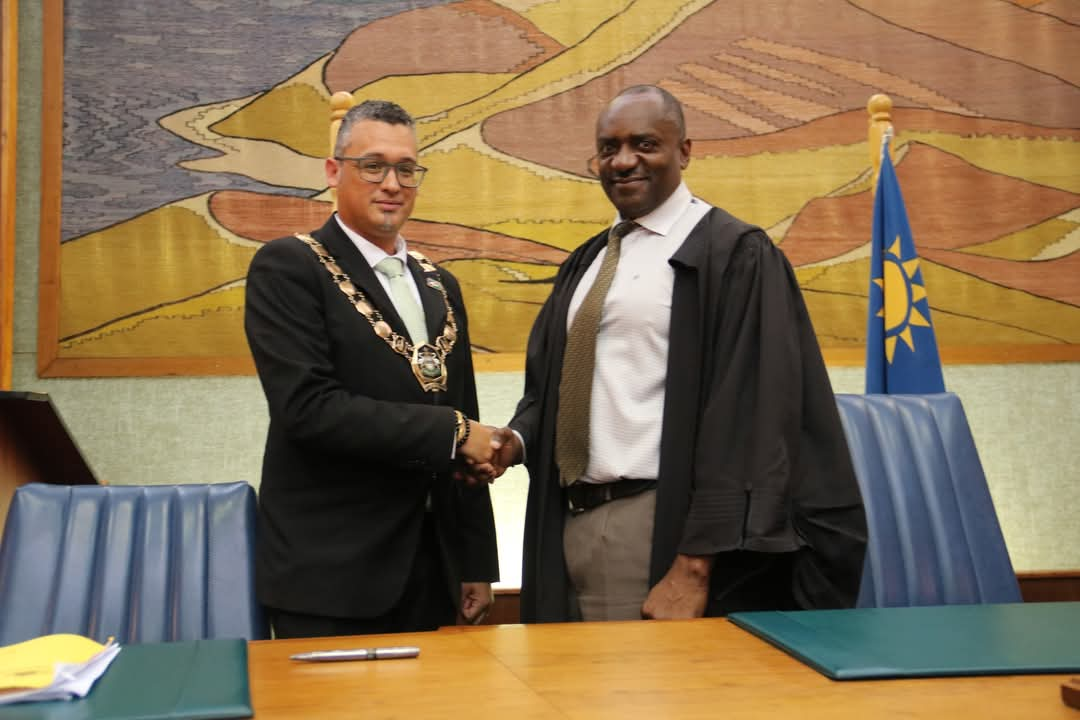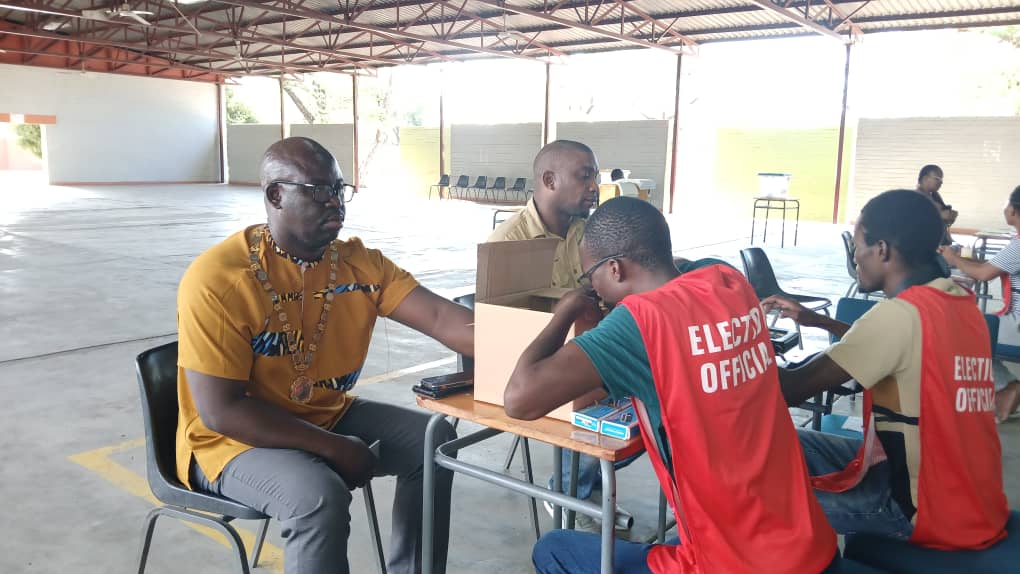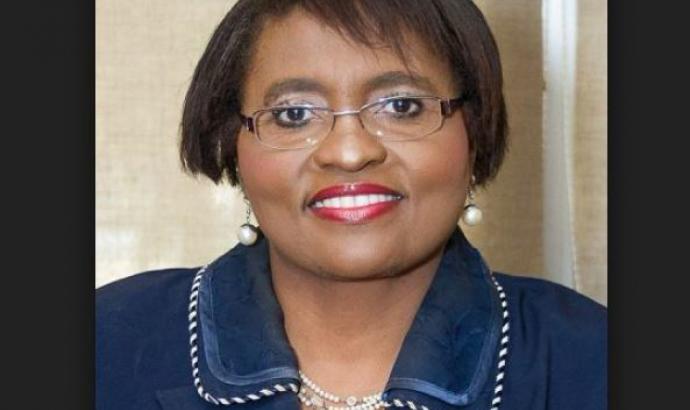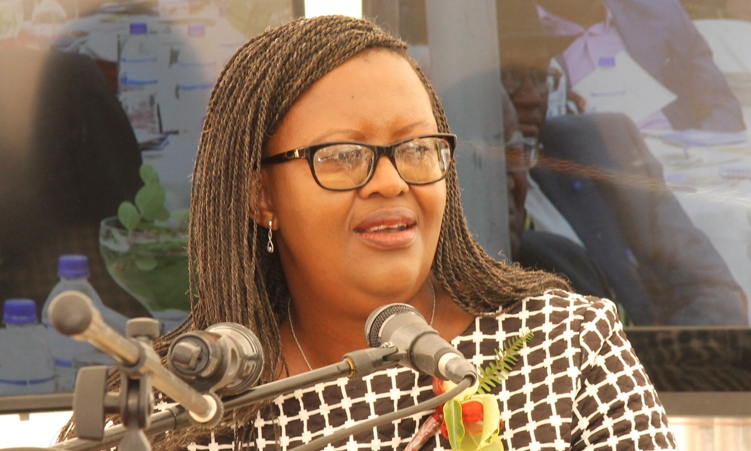Some political parties say they do not have money to translate their manifestos into local languages.
Swapo presidential candidate Netumbo Nandi-Ndaitwah on Saturday launched the party’s election manifesto in Braille.
Political parties say they are facing challenges to have their manifestos translated in local languages, sign language and Braille to be accessible to citizens, regardless of their linguistic background or physical ability.
Independent Patriots for Change (IPC) spokesperson Imms Nashinge says is challenging finding the proper service providers.
“We need to have proper planning to have quality work rather than just to have it done because everyone else is doing it,” he says.
Nashinge says the IPC manifesto has been translated into almost all locally spoken languages, except Setswana and German.
“The process will be finalised this week. The finished copies are already out in public,” he says.
He adds that the party has a platform for hearing impaired people where they can communicate.
Landless People’s Movement (LPM) spokesperson Lifalaza Simataa says the party is looking at the cost of translating the manifesto.
“We believed that it would be a time-consuming task,” he says.
Simataa says the party plans to translate parts of its manifesto into as many Namibian languages as possible.

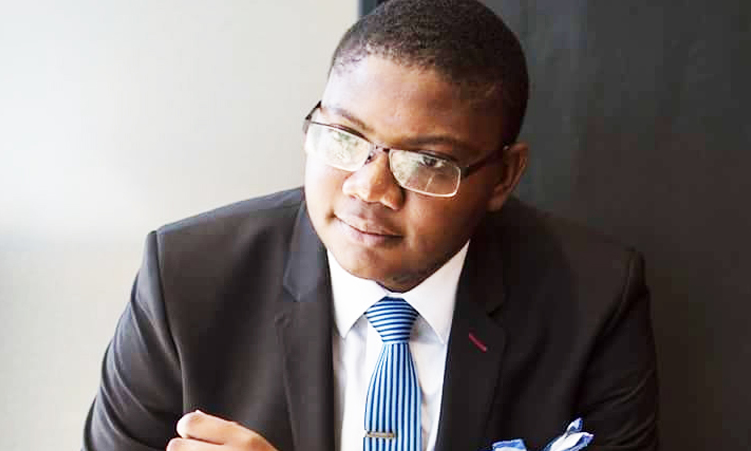
“There was the idea of venturing into Braille. But we’re not entirely sure. We’re still looking at the cost apparatus of it, especially within the campaign fatigue, the Braille concept is a bit difficult,” he says.
“We will create audio versions of LPM members explaining key points of the manifesto that would help visually impaired voters understand it, rather than relying only on text,” he says.
Republican Party president Henk Mudge says his party manifesto is available in most vernaculars, but not Braille.
“We translated the manifesto into several languages, including Silozi, Rukavangali, one of the Oshiwambo dialects, Damara Nama, Afrikaans, and Herero,” says Mudge.
“The manifesto is available on our website and can be emailed upon request. Our organisers also carry copies and leave them in the areas they visit for local communities to review,” he says.
Meanwhile, National Empowerment Fighting Corruption deputy leader Matheus Stephanus says only two key points from the manifesto will be translated and put on flyers.
“We are looking for a social grant and the return of bible studies to government schools,” he says.
Political analyst Ndumba Kamwanyah says political parties should use radio as he believes it can be more effective than print media.
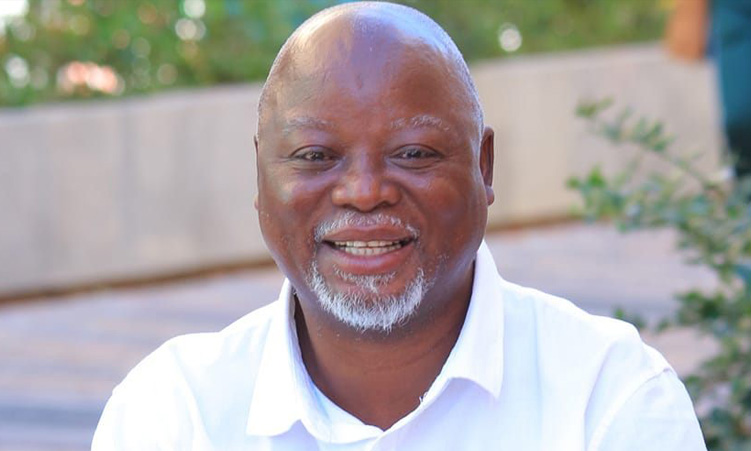
“This would be more effective as we don’t have a strong reading culture,” he says.
“It’s very important that political party manifestos should be available in local languages to make sure all Namibians understand the electoral promises,” he says.
“Given that we are only a few days away from the election, I’m unsure if translating them into multiple languages will be feasible in such a short time,” says Kamwanyah.
Political analyst Ellison Tjirare says the issue of inclusivity through indigenous languages cannot be overemphasised.
“In fact, all important national programmes that have to do with development and social welfare should be translated into indigenous languages and into Braille for inclusion,” he says.
“I am not so sure if ensuring that political parties’ manifestos are accessible is a ruse to garner votes or if there is any genuine intention to bring about inclusivity,” says Tjirare.
Stay informed with The Namibian – your source for credible journalism. Get in-depth reporting and opinions for
only N$85 a month. Invest in journalism, invest in democracy –
Subscribe Now!


